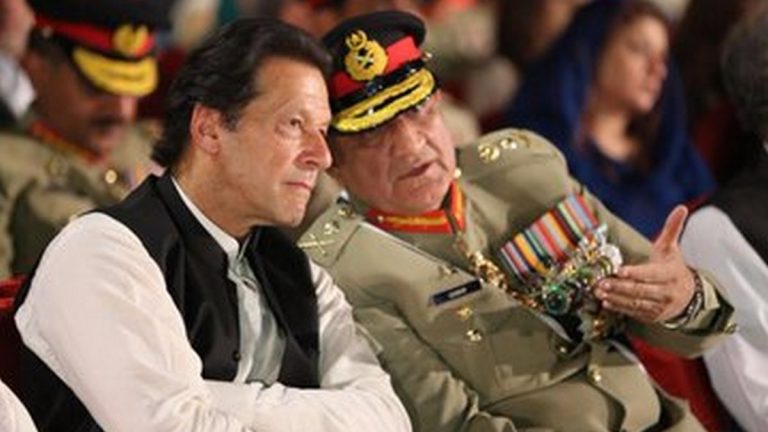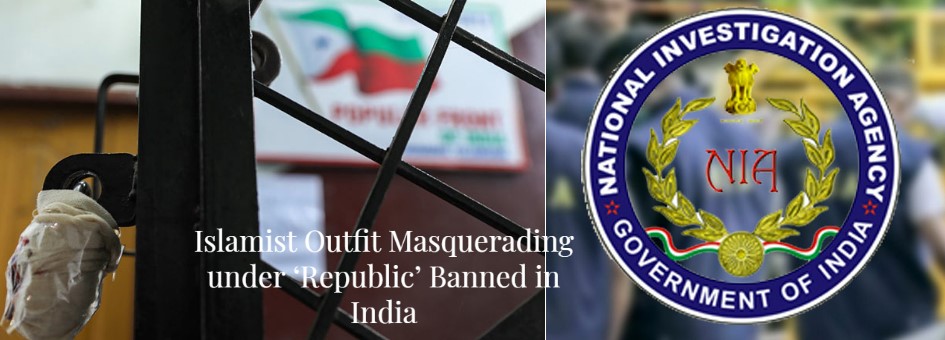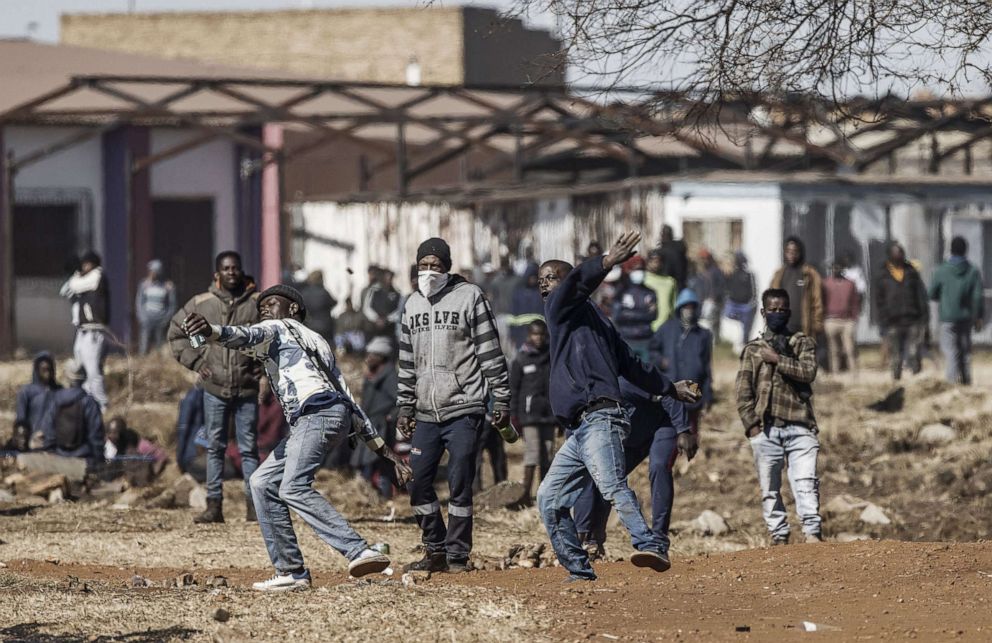K.M. SEETHI
First Published in Global South Colloquy, 26 June 2020
Pakistan Prime Minister Imran Khan has again a wrong ball in his hand which will surely hit headlines with fiddly pay-offs. The news that the mastermind of the 9/11 terror operations, Al Qaeda leader Osama bin Laden, has become a ‘martyr’ (Shaheed) for the Pak PM started bouncing around. The statement of Imran Khan came at a crucial time of the publication of the Country Reports on Terrorism 2019 by the US Department of State and the Financial Action Task Force (FATF) position on Pakistan’s terrorism combatting credentials.
Imran made a ‘grand’ speech in the National Assembly on Thursday and in the course of his ‘delivery’ came references to the United States and bin Landen. Imran was reported to have said that Pakistan had to face a lot of ‘humiliation’ despite backing up the US in the ‘war on terror.’ Calling it as an ‘embarrassment’ to Pakistan, Imran said: “The Americans came to Abbottabad and killed, martyred Osama bin Laden. What happened after that? The entire world cursed at us and spoke ill of us” (Dawn 26 June 2020).
Imran did not speak out which this ‘entire world’ is and who ‘spoke ill’ of them? Only naïve would believe that the ’entire world’ ‘mourned’ the death of the most wanted terror mastermind. If at all Pakistan was blamed, it would have been blamed for promoting terror outfits like Al Qaeda in countries such as Afghanistan and sheltering them with all comforts. Pakistan has been doing it in Jammu and Kashmir for quite a long time.
The world’s most wanted terror mastermind, Osama bin Laden, was killed in an operation conducted by US special forces in Abbottabad on 2 May 2011 in a mission code-named ‘Operation Neptune Spear.’ It was evident that bin Laden was hiding in the Pak territory with the knowledge of the higher-ups in Islamabad, particularly the Pak Army. It was also a fact of history that both Islamabad and Washington were hand in glove for more than a decade in Afghanistan—since the late 1970s—promoting fundamentalism and terror operations. Pakistan cannot escape from this history of ‘partnership’ in proxy wars and low-intensity conflicts. The Country Reports on Terrorism 2019 by the US Department of State says:
Although al-Qa’ida in Afghanistan and Pakistan has been seriously degraded, key figures among AQ’s global leadership, as well as its regional affiliate al-Qa’ida in the Indian Subcontinent (AQIS), continued to operate from remote locations in the region that historically served as safe havens. Pakistan took modest steps in 2019 to counter terror financing and restrain India-focused militant groups from conducting large-scale attacks following the February attack on a security convoy in the Indian state of Jammu and Kashmir linked to Pakistan-based Jaish-e-Mohammed (JeM). Pakistan took action against some externally focused groups, including indicting Lashkar e-Tayyiba (LeT) founder Hafiz Saeed and associates in three separate terrorism financing cases. However, Pakistan remained a safe harbor for other regionally focused terrorist groups. It allowed groups targeting Afghanistan, including the Afghan Taliban and affiliated HQN, as well as groups targeting India, including LeT and its affiliated front organizations, and Jaish-e-Mohammed (JeM), to operate from its territory. It did not take action against other known terrorists, such as JeM founder and UN-designated terrorist Masood Azhar and 2008 Mumbai attack “project manager” Sajid Mir, both of whom are believed to remain free in Pakistan. Pakistan, however, did make some positive contributions to the Afghanistan peace process, such as encouraging Taliban reductions in violence. Pakistan made some progress toward meeting the Action Plan requirements for the FATF, allowing it to avoid being blacklisted, but did not complete all Action Plan items in 2019 (US, Department of State 2020: 149).
The US State Department Report, as usual, does not delve into the history of the forces promoting terrorism, and the complicity of both Islamabad and Washington in this ‘joint venture’ in South Asia (Seethi 2002a; 2002b). Obviously, Pakistan foreign office was ‘disappointed’ with Pakistan-related observations in the US Report calling it “self-contradictory and selective” in characterising efforts to counter terrorism and terrorist financing (Dawn, 25 June 2020). In another setback, Paris-based Financial Action Task Force (FATF) in its meeting held on Wednesday refused to lift Pakistan from its ‘Grey List’ as the country was yet to complete 13 out of 27 items of its FATF Action Plan to meet the finance watchdog’s 27-point action plan on countering terror financing and anti-money laundering (CFT/AML) measure. The FATF has been playing a crucial role in global efforts in fighting terrorist financing, through its role in setting global standards to combat terrorist financing, assisting jurisdictions in implementing financial provisions of the UN Security Council resolutions on terrorism, and evaluating countries’ ability to prevent, detect, investigate and prosecute the financing of terrorism. However, many countries have failed to implement the FATF protocol effectively and they hardly realise the nature of TF risks they will have to face (FATF 2020).
It is against this backdrop that Imran Khan threw a bombshell on Laden’s “martyrdom.” However, the Prime Minister will have to convince his own party men and opposition on this in the coming days. Already the opposition political leader Khawaja Asif, called Laden as the “ultimate terrorist” and said: “He destroyed my nation, and he (Khan) is calling him a martyr. Arif said in the National Assembly that “Imran Khan called Osama bin Laden shaheed. Bin Laden brought terrorism to our lands, he was a terrorist through and through and he [premier] calls him shaheed?” (Dawn 25 June 2020). PPP Chairman Bilawal Bhutto-Zardari said that Prime Minister’s statement was consistent with “his history of appeasement to violent extremism. By labelling Osama bin Laden a martyr, Imran Khan has become a national security threat. If he is a martyr, then what is the status of those civilians and members of our armed forces who embraced martyrdom in the attacks by Al Qaeda? “Thousands of civilians and youth were martyred in attacks by Al Qaeda,” according to opposition leaders. They said that Imran Khan had “proven himself to be ‘Taliban Khan’ in parliament. The Imran Khan-Taliban nexus was evident from the meetings between the two.”
Imran Khan knows that Pakistan has a multitude of problems heading its way over the next few months with a tottering economy, public health challenges in terms of combating COVID-19, burgeoning pressures of the military etc. He can now add an impending crisis of legitimacy—in terms of sustaining a democratic polity with substantive commitment to combating terrorism—to the list. However, he can no longer externalise the problems accumulated within with any new logic of ‘betrayal’ or ‘denial.’ Every country in the world today is worried about its own future in the post-COVID-19 world order, including Pakistan’s trusted allies like China. So, changing the geopolitics of the crisis-laden world scenario is not as easy as shifting the bowling crease.
References
FATF (2020): “Terrorist Financing: FATF’s global efforts on combating terrorist financing,” https://www.fatf-gafi.org/publications/fatfgeneral/documents/terroristfinancing.html
Seethi, KM (2002a): “The Making of Terrorism and Islamism: Partners in Uneasy Peace and Unholy War,” Indian Journal of Secularism (Mumbai), Vol.6, No.3, October-December)
Seethi, KM (2002b): “Islamism, Terrorism and Imperialism: Beneath the Global reciprocity,” in Gopakumar (ed.), International Terrorism and Global Order in the 21st Century, New Delhi: Kanishka Publishers.
US, Department of State(2020): Country Reports on Terrorism 2019: BUREAU OF COUNTERTERRORISM, https://www.state.gov/wp-content/uploads/2020/06/Country-Reports-on-Terrorism-2019-2.pdf




